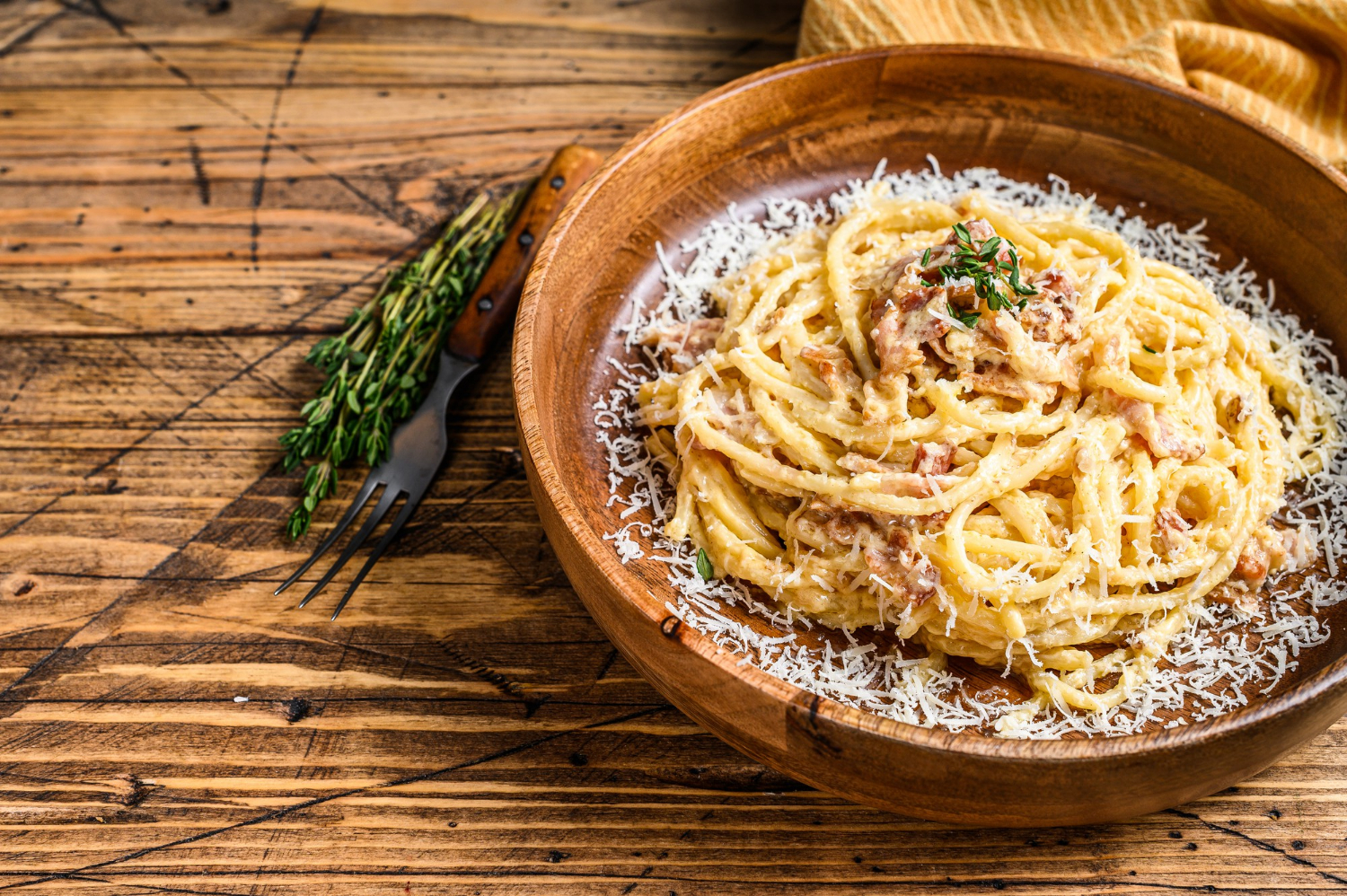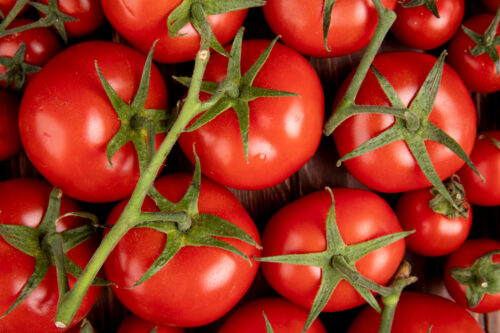Photo: Pixabay
In recent years, there has been a growing interest in the Slow Food movement, a global phenomenon that promotes a more conscious approach to food consumption and production. At the heart of this movement is the idea of connecting people with the origins of their food, fostering a deeper appreciation for local and sustainable agriculture. One country that has embraced this philosophy wholeheartedly is Italy, where the Slow Food movement originated. Let’s delve into the essence of the Slow Food movement and explore its farm-to-table philosophy in Italy.
The Slow Food movement was founded in 1986 by Carlo Petrini in the town of Bra, Italy. Petrini was deeply concerned about the increasing presence of fast food chains and the erosion of traditional food culture. He envisioned a movement that celebrated local, traditional cuisine, and valued the quality and integrity of the food we consume. Slow Food encourages individuals to take the time to savor meals, enjoy the company of others, and understand the social, cultural, and environmental implications of our food choices.
One of the key principles of the Slow Food movement is the emphasis on the concept of “farm-to-table.” It promotes a direct connection between farmers and consumers, shortening the supply chain and eliminating intermediaries. By sourcing food locally, consumers have the opportunity to engage with the producers, learn about their farming practices, and support small-scale, sustainable agriculture. This approach not only ensures the freshest ingredients but also fosters a sense of community and appreciation for the efforts of local farmers.

Photo: Pixabay
In Italy, the farm-to-table philosophy has deep historical roots. The country has a long-standing tradition of valuing local and seasonal produce. Italians take pride in their regional specialties, from the luscious tomatoes of Campania to the aromatic truffles of Piedmont. Farmers’ markets, known as “mercato contadino,” are an integral part of Italian culture, where local producers showcase their products, and consumers can engage in conversations about food and agriculture.
Furthermore, the Slow Food movement in Italy has led to the creation of the “Presidia” and “Ark of Taste” initiatives. The Presidia project aims to safeguard traditional food products at risk of extinction by providing support to small-scale producers. This includes preserving heirloom varieties, traditional farming techniques, and reviving forgotten recipes. The Ark of Taste, on the other hand, is a catalog of traditional foods that are in danger of being forgotten. It serves as a reference for consumers, chefs, and producers, raising awareness about the importance of biodiversity and cultural heritage.
The Slow Food movement has also influenced the culinary industry in Italy. Chefs and restaurateurs have embraced the principles of the movement by incorporating locally sourced, seasonal ingredients into their menus. The “kilometer zero” concept has gained popularity, which refers to sourcing ingredients within a certain radius of the restaurant, minimizing environmental impact and supporting local producers. This culinary approach highlights the incredible diversity of Italian cuisine, from region to region, and reinforces the connection between the land, the people, and the food on the plate.
In conclusion, the Slow Food movement has had a profound impact on the farm-to-table philosophy in Italy. By advocating for local, sustainable agriculture and celebrating regional culinary traditions, the movement has revitalized the connection between people and their food. Italy’s rich food culture, deeply rooted in its history and heritage, provides an ideal backdrop for the Slow Food philosophy to thrive. As consumers, we have the power to support this movement by seeking out local producers, exploring farmers’ markets, and savoring the flavors of traditional Italian cuisine.
Source: lfitalymag.com
















